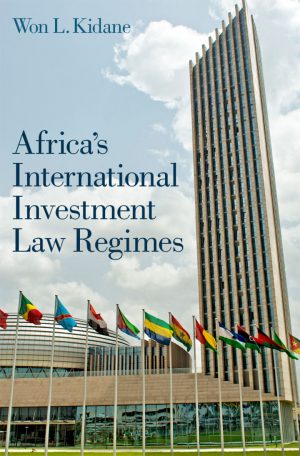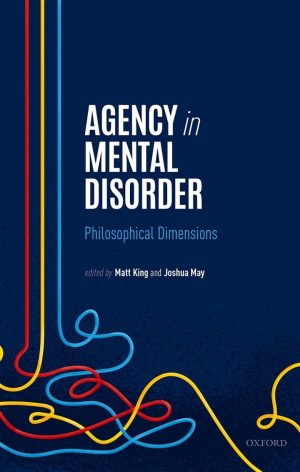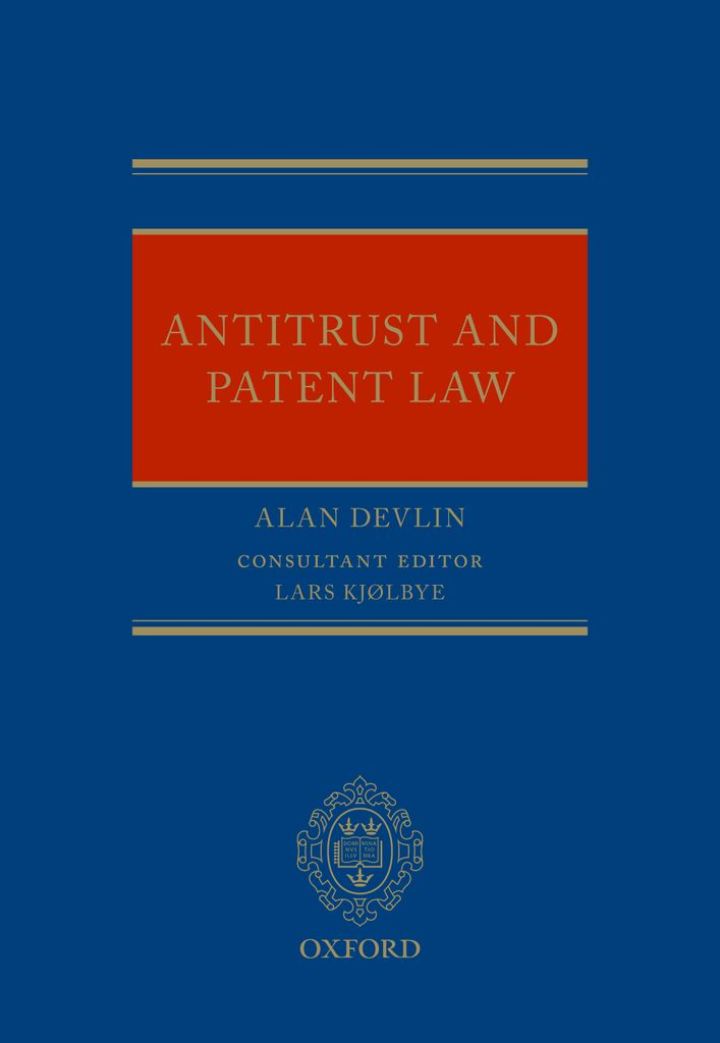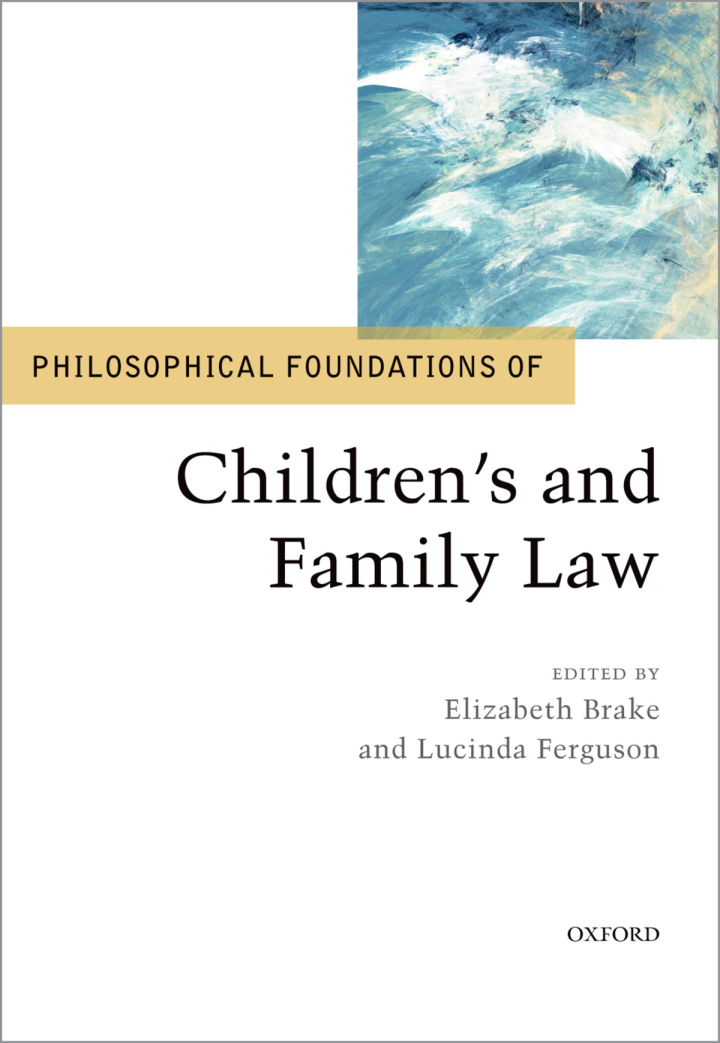Philosophical Foundations of Children’s and Family Law 1st Edition
$45.50
Attention: This is just ebook, Access Codes or any other Supplements excluded! / File Delivery: Sent Via Email within 24 hours!
SKU: 0fd4c20c1108
Category: Law Textbooks
Description
-
Author(s)Robert Pasnau
-
PublisherOUP Oxford
-
FormatPDF
-
Print ISBN
9780198786429, 0198786425 -
eText ISBN
9780198786429, 0198786425 -
Edition1st
-
Copyright
- Details
This volume brings together new essays in law and philosophy on a broad range of topics in children’s and family law. It is the first volume to bring together essays by legal scholars and philosophers for an integrated, critical analysis of key issues in this area, marking the ‘coming of age’ of a comparatively new field of family law. Debates in children’s and family law are at once theoretical and empirical in nature. Not only does children’s and family law have significant consequences for individuals’ intimate lives, the field’s impact on lived experience highlights the socially constructed nature of law. Approaching this area of law often involves exploring a legal concept familiar from daily life, such as the very notion of ‘marriage’ or ‘family’, and examining it within its social, economic, and historical context. The normative basis for law regulating intimate personal and family life extends beyond any narrow legal philosophy or social context to its broader foundations in theories of morality or justice. The chapters included bring together a representative and broad range of pieces that engage with long-standing and contemporary debates. A wide range of perspectives is represented on topics such as same-sex marriage, polygamy and polyamory, alimony, unmarried cohabitation, gestational surrogacy and assisted reproductive technologies, child support, parental rights and responsibilities, children’s rights, family immigration, religious freedom, and the rights of paid caregivers. There is also philosophical discussion of concepts such as care, intimacy, and the nature of family and family law itself.
Related products
-

Blackstone’s Guide to the UK Internal Market Act 2020
Rated 0 out of 5$22.10 Add to cart -

Atrocity Speech Law Foundation, Fragmentation, Fruition
Rated 0 out of 5$43.88 Add to cart -

Africa’s International Investment Law Regimes 1st Edition
Rated 0 out of 5$61.75 Add to cart -

Agency in Mental Disorder Philosophical Dimensions
Rated 0 out of 5$26.00 Add to cart


